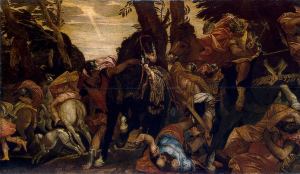During the ‘Conversion Narratives in the Early Modern World’ conference it became apparent that there was no stable, fixed definition of conversion being employed by the delegates. Rather, there were a series of differing forms of conversion being discussed, from conversion as a change of faith to conversion as a political manoeuvre. The range of definitions is testament to the sheer complexity of religious experience during a period of extreme and protracted spiritual conflict and change. Below we have briefly put together a few of the forms of conversion raised – please feel free to let us know if you think of any others.
- Conversion as a change of faith
- Conversion as an intensification of faith
- Conversion as a renouncing of faith
- Conversion as process, accumulative – Augustinian
- Conversion as event, singular, instant – Pauline
- Conversion en route or in transit – reminiscent of pilgrimage and the wandering of errant knights from myth and romance
- Conversion prompted by a change of geography, a move to Rome or Geneva
- Conversion as a ‘turn’
- Conversion as a change in language and rhetoric
- Conversion as a costume change – the staging of public baptisms
- Conversion as an economy of faith – language of profit, deficit, debt, balancing of books, conversion as currency.
- Conversion as politics – In the words of Henri IV “Paris was worth a Mass”
- Conversion as cure
- Conversion as a return – motif of the prodigal son
- Conversion as a physical transformation, does the convert change their racial identity?
- Is there such a thing as an anti-conversion narrative?
- Martyrdom as a celebration of conversion, perhaps the final transformation of the convert?

